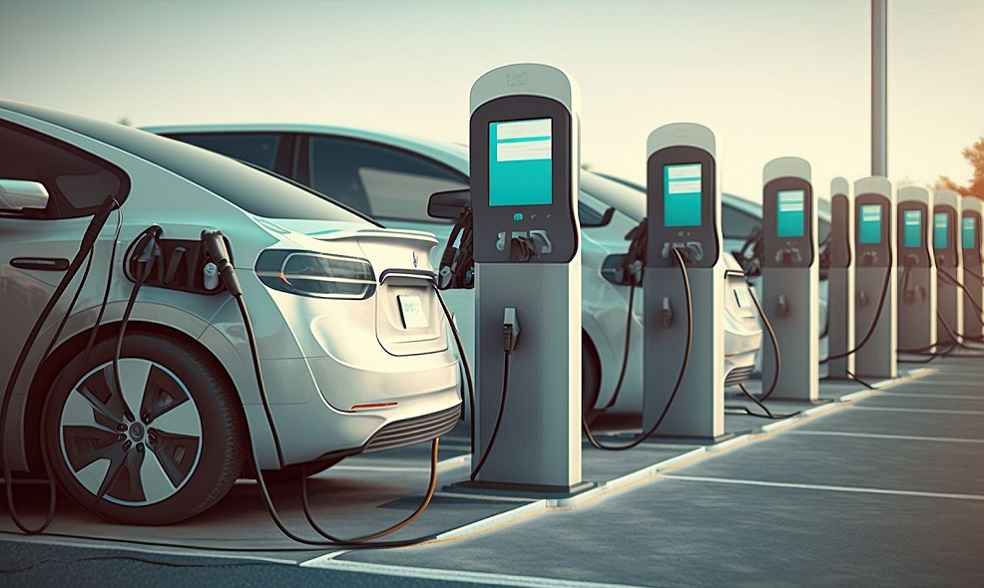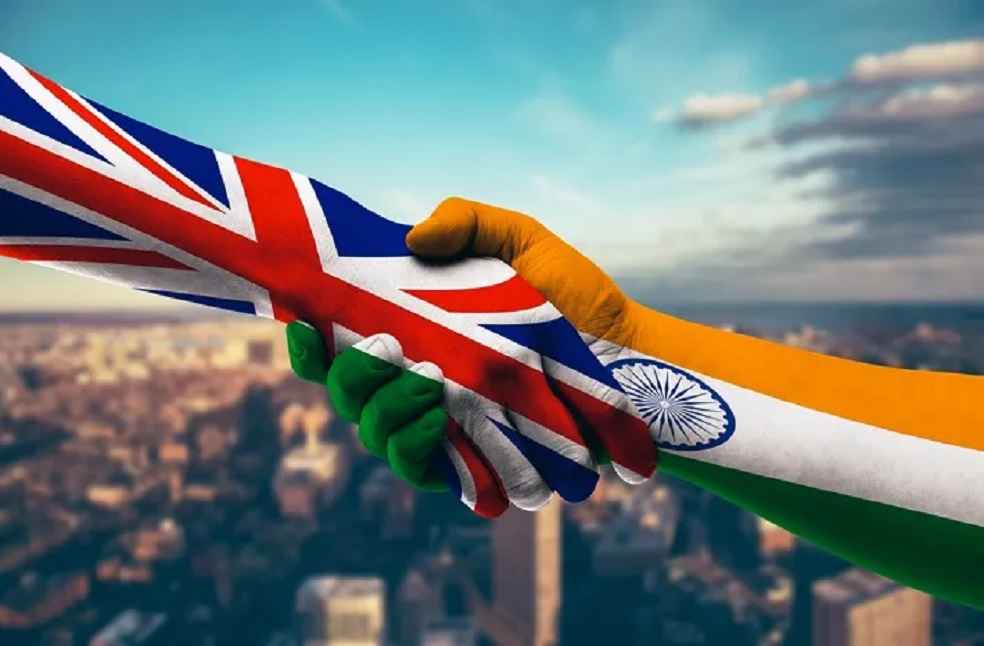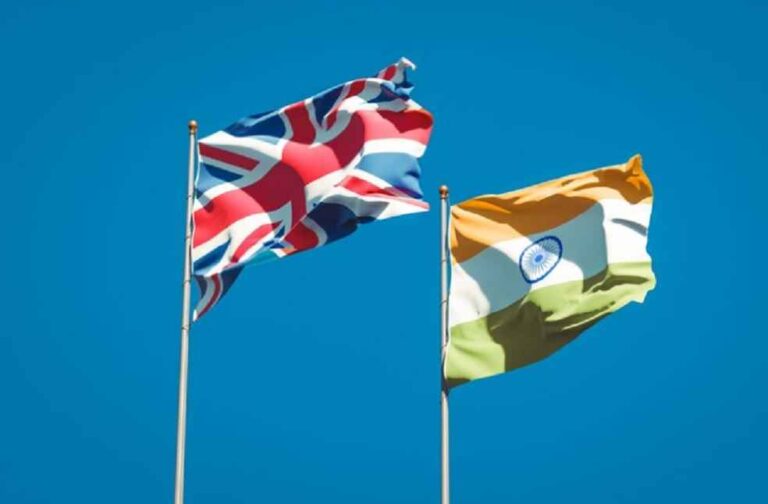India and the UK are actively negotiating key aspects of a proposed free trade agreement (FTA), with a focus on resolving visa issues for Indian professionals and duty concessions on British electric vehicles (EVs). An Indian delegation is currently in the UK, addressing these critical points along with other matters related to services sector and customs duties on British whiskey.
A significant focus of the negotiations is the UK’s request for customs duty concessions on its electric vehicle exports to India. India, in response, is advocating for a more liberal visa regime to facilitate the mobility of skilled professionals from its service companies to the UK. This request is being carefully weighed against the UK’s migration concerns post-Brexit.

The electric vehicle market in India is rapidly expanding, drawing attention from international players. Concurrently, the UK is moving towards eliminating internal combustion engine vehicles by 2035, making its automotive market heavily reliant on exports. India, with its ambitious plans for the EV sector, backed by production-linked incentive schemes, is keen on protecting its domestic market until these initiatives fully take root.
Projected growth for India’s EV market is substantial, with expectations of reaching ten million units in annual sales by 2030, potentially creating fifty million direct and indirect jobs. The government has already implemented significant PLI schemes for battery storage and the automotive sector to bolster this growth.

The complex nature of these negotiations reflects the delicate balance both countries are trying to achieve in aligning their respective interests in the EV market and professional mobility. As the discussions continue, both sides are working through these intricacies in hopes of reaching a mutually beneficial agreement.
LATEST NEWS | UAE and Australia to Ink Game-Changing Economic Partnership



